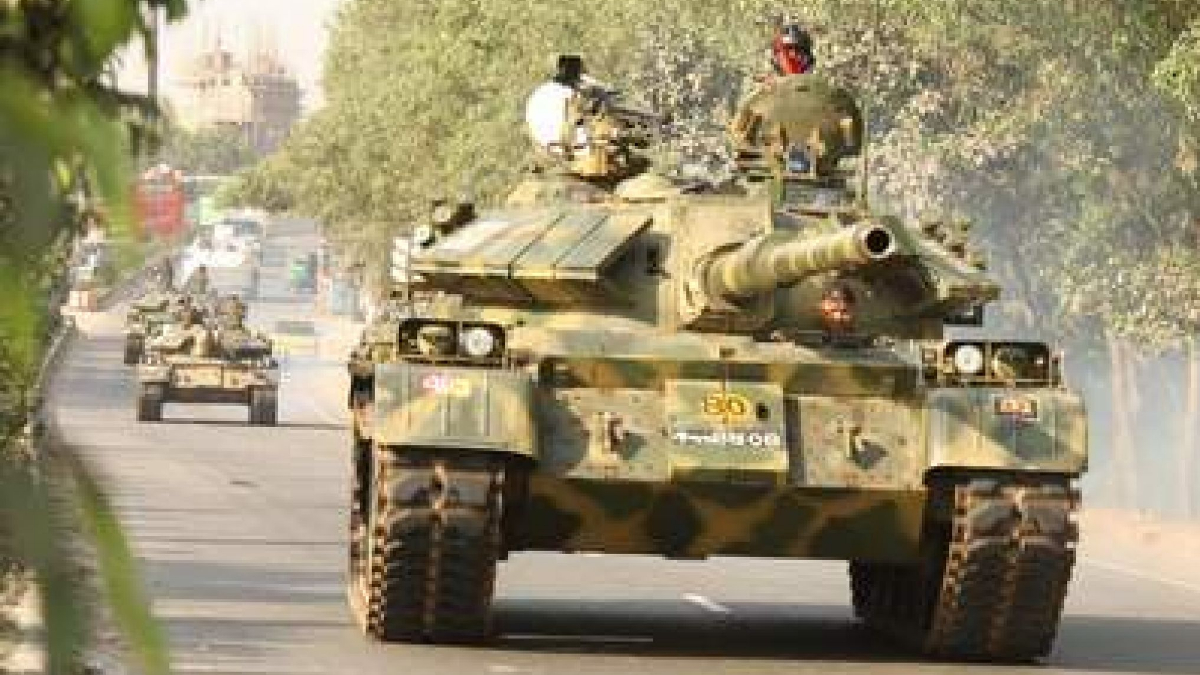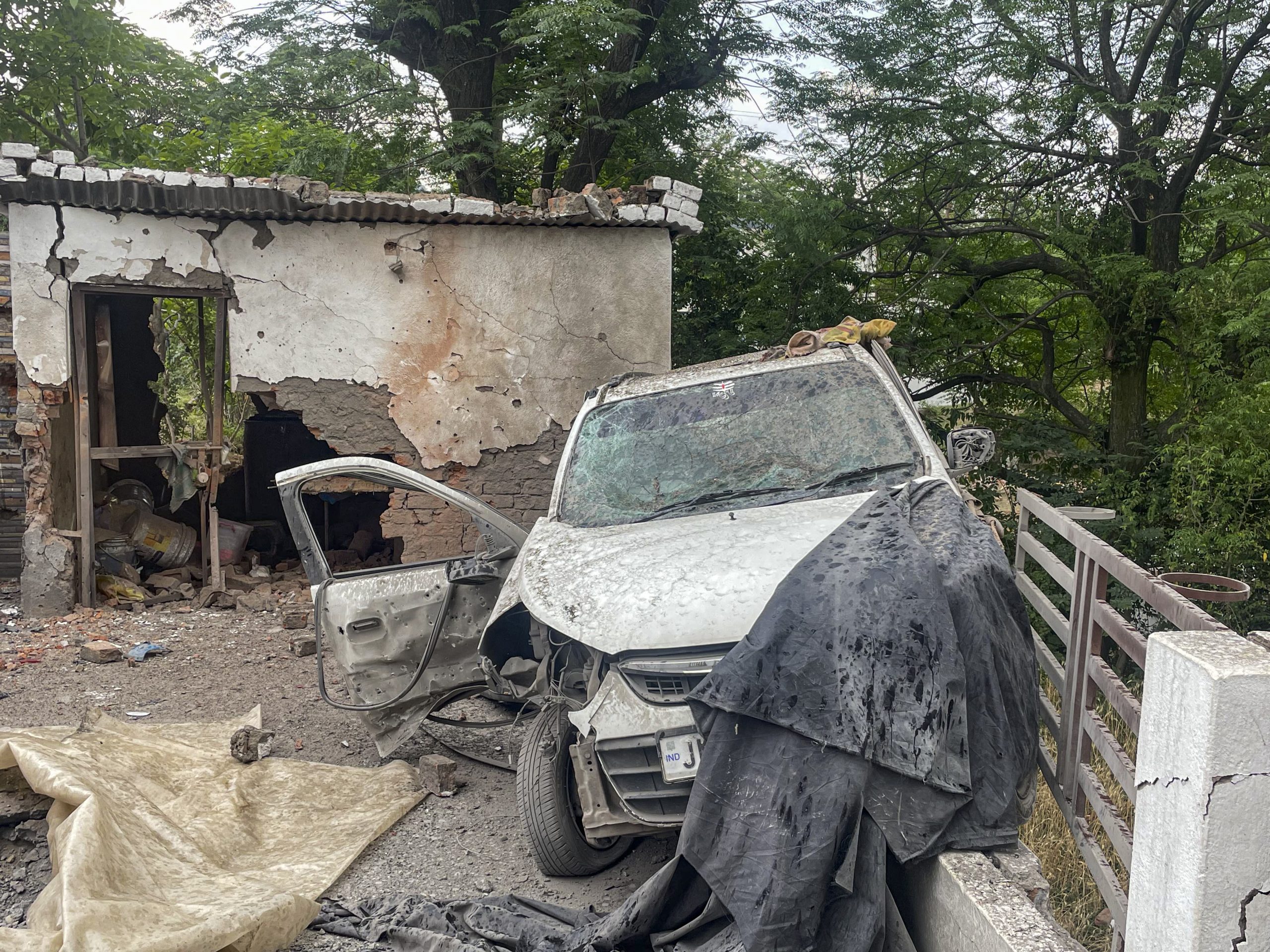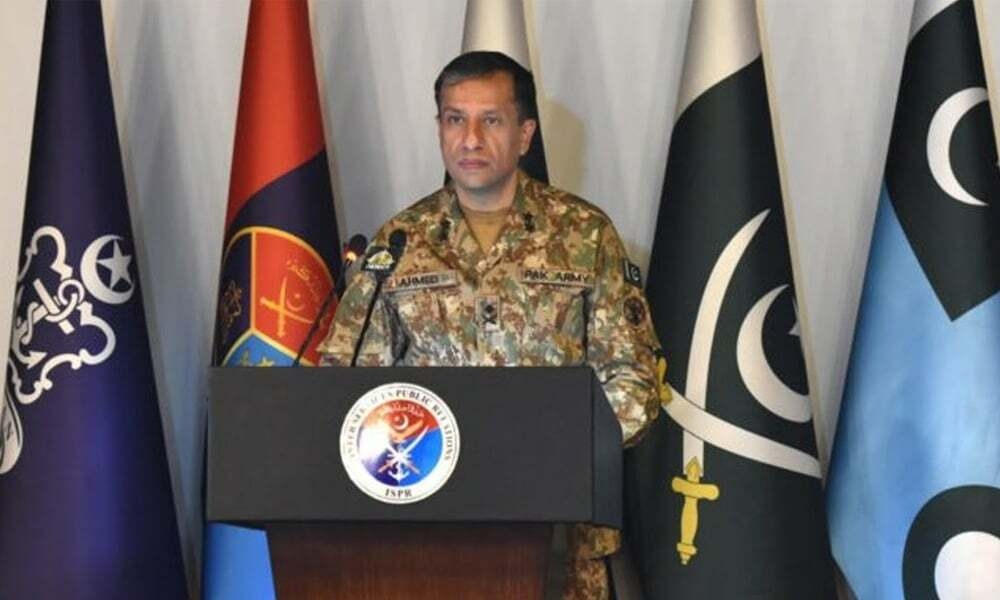Why Bail For Bangladesh’s BDR Mutineers Risks Military Discipline And Reopens Old Wounds

A Type 69IIG Main Battle Tank of The Bangladeshi Army patrols the streets of Pilkhana, Dhaka in the aftermath of the horrific massacre. Image courtesy: Wikimedia Commons
On February 25–26, 2009, members of the then Bangladesh Rifles (BDR), later renamed Border Guard Bangladesh (BGB), rose in a violent revolt against their senior officers. At first glance, it appeared to be a mutiny sparked by grievances over pay and conditions. But as hours passed and the dead mounted, it became clear this was no spontaneous protest— it was a calculated massacre.
Among the victims were BDR chief Major General Shakil Ahmed and his wife. Their remains, along with those of dozens of other officers, were dumped in drains or buried in shallow graves. In total, 74 people were killed, including 66 Bangladeshi Army officers. The Dhaka High Court, in its detailed observations, later noted the involvement of “outside forces” in the carnage, stating there had been “a plot both from internal and external sides… to uproot [Prime Minister] Sheikh Hasina-led government which came into power in 2008.”
Why was the BDR mutiny trial unprecedented in Bangladesh’s history?
The legal process that followed became the largest criminal trial in Bangladesh’s history. In 2013, 152 mutineers were sentenced to death, 161 were given life terms, and 256 received prison sentences ranging from three to ten years. Appeals and follow-up proceedings continued for years. The Pilkhana tragedy became etched into the Armed Forces’ memory as the ultimate act of betrayal from within.
This is why the interim government’s decision to reopen the case in December 2024 proved unsettling. Chief Advisor Muhammad Yunus formed a seven-member commission to “re-investigate” the events. Within weeks, the direction of justice shifted dramatically.
Why were hundreds of mutineers granted bail so suddenly?
By late January 2025, over 300 former BDR personnel were freed on bail after 16 years in custody. Like many politically-charged cases since the Yunus government took office, the matter was resolved with unusual speed.
The BDR mutiny case, involving charges of murder and explosives offences, had generated a vast body of evidence and legal argument over nearly two decades. The scale of documentation demanded careful review. Instead, the accelerated bail process suggested that scrutiny was secondary to political expediency.
At the same time, state institutions amplified a narrative that the mutiny was orchestrated as part of a long-term conspiracy by the Awami League and India to destabilise the country. Decades of evidence were brushed aside, shifting blame onto a leader who remains unable to return home to defend herself.
How has bail for the mutineers affected victims’ gamilies?
Sixty-six officers of the Bangladeshi Army, along with eight others, lost their lives in the massacre. Families were left with lifelong scars, and for many, the trauma has never receded.
Ex-BDR soldiers had already been acquitted of murder charges but had remained imprisoned on explosives-related convictions. In January 2025, a Dhaka tribunal granted bail under the Explosive Substances Act to 200 ex-BDR soldiers. For the victims’ families, the decision has reopened wounds. They must confront not only the loss of loved ones but also the absence of accountability for the perpetrators—many of whom are now free.
When the widow of a fallen officer asks, “Who killed my husband?”, the only official answer remains a hollow “we don’t know.”
Can military discipline survive when convicts walk free?
For the Bangladeshi Armed Forces, the Pilkhana mutiny was a moment of unimaginable betrayal. It fractured trust within the ranks and forced deep institutional reforms, including the 2010 reconstitution of BGB and stricter laws against mutiny.
The knowledge that mutineers can rejoin civilian life without completing full sentences undermines the chain of command and the bond between leaders and subordinates. Military cohesion depends on certainty—that betrayal carries a heavy price. Weakening that expectation risks undermining operational discipline itself.
Discipline is always the first casualty when accountability wavers. Bail for mutineers blunts the deterrent value of the post-2010 reforms, raising questions about whether the state can guarantee such an atrocity will never recur.
Beyond the legal arena, the decision has political undertones that risk eroding civil-military trust. In seeking to score points against its predecessors, the interim government has put at stake something larger than political interests—an institution entrusted with the country’s security.







